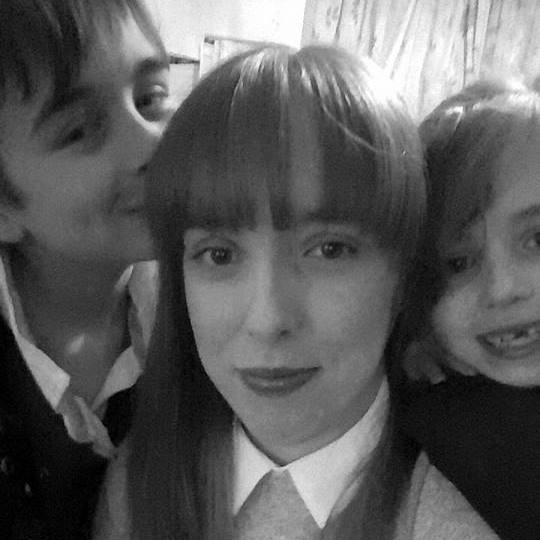Getting children to brush
their teeth can sometimes be a struggle. Twice a day you may be facing crying
and tantrums but it is extremely important to persevere.
As soon as your little ones
first tooth comes through you should be brushing it. A small smear of
toothpaste on your finger or on a brush if they will allow is fine for children
under three years of age. Age three to six can use a pea sized amount on a
small headed, soft toothbrush and age six plus can use adult toothpaste.
Children need to be
brushing at least twice a day with fluoride toothpaste. Always check how much
fluoride is in toothpaste before your child uses it. For children under three
they should be using toothpaste with at least 1000 parts per million or PPM.
Age three to six should use up to 1350 PPM and older children can use
toothpaste with 1350-1500 PPM. This should be clearly labeled on the
toothpaste. If not then avoid it. Fluoride is recommended by most dentists as
it has properties that protect teeth from decay. In some areas in the UK it can
also be found in tap water as a naturally occurring mineral. However you need
to be careful that your child isn’t being exposed to too much fluoride as this
can cause fluorosis, were teeth become discolored and pitted.
For parents who are worried
about fluoride there are some great fluoride free toothpastes on the market,
such as Lavera’s Organic Tooth Gel.
Encourage your child to
brush their own teeth, then you may need to go over them if they are not being
effective. Brushing in a circular motion will remove more plaque that a side to
side motion. Concentrate on the area where the tooth meets the gum. Leaving
plaque in these areas causes the gums to become irritated and this is when they
can start to bleed when brushing. If you do notice any bleeding, keep going as
long as you child will let you. On seeing blood you may be tempted to stop, but
the only way reverse it is to keep brushing. It may take a few days before you
notice a difference.
When your child has
finished brushing, encourage them to spit out the excess toothpaste but not to
rinse with water. Leaving the fluoride toothpaste in the mouth will help
strengthen the teeth. Change their toothbrush at least every three months or
when you notice the bristles starting to splay.
By age to or three your
child should have all twenty of their milk teeth. Keeping the teeth healthy is
important for eating, smiling, speech and their confidence.
Permanent teeth will usually
start erupting around age six and all the adult teeth should come through by
the age of thirteen, but wisdom teeth often don’t erupt until the age of seventeen plus. In total an
adults has thirty two teeth when they have all erupted.
Regular brushing is
important for preventing tooth decay but brushing alone isn’t always effective.
Decay is caused by a build
up of plaque, a sticky substance they forms on the teeth. When food is left on
the teeth the plaque turns it into acid and then the acid starts to eat away at
the teeth and this causes cavities.
Sugary food and drinks feed
the acid making it even more likely decay will occur. To prevent this from
happening you need to limit the about of sugar your child is having. Cut down
on cakes, sweets and juices. If they are having these things between meals then
it is harder for their saliva to neutralise the acids. If you are going to give
you child these things then it is best to give them at meal times when there is
more saliva production to break down the acids. Also be careful of fresh juices
that contain natural acids, such as orange juice as this can cause dental
erosion.
Effective and regular
brushing will remove plaque, making it less likely decay will occur.
Your child should also
start visiting the dentist as soon as their first tooth erupts so the dentist
can look out for signs of decay and treat it early.
If not treated, decay can
cause your child a lot of pain and result in the teeth having to be removed.
Take your child with you to the dentist when they are young. This will get then
used to all the noises and equipment but don’t take them if you are going for
treatment as it might scare them. NHS dental treatment is free for children so
register them as soon as you can.
Five tips for getting your child
to brush their teeth:
1. Let them do it themselves first.This may make them feel grown
up.
2. Put on music for them to brush to. Once the music has stopped they can stop. Make sure to pick as song that lasts around two minutes or stop it after two minutes. Two minutes is a long time when brushing and they could become bored if it lasted any longer.
3. Let them pick their own children’s toothpaste and brush.
4. Brush your teeth at the same time. Seeing mummy or daddy doing it may encourage them.
5. Think about creating a sticker chart or another reward system to work towards, but avoid sweets and chocolate as a reward.











No comments